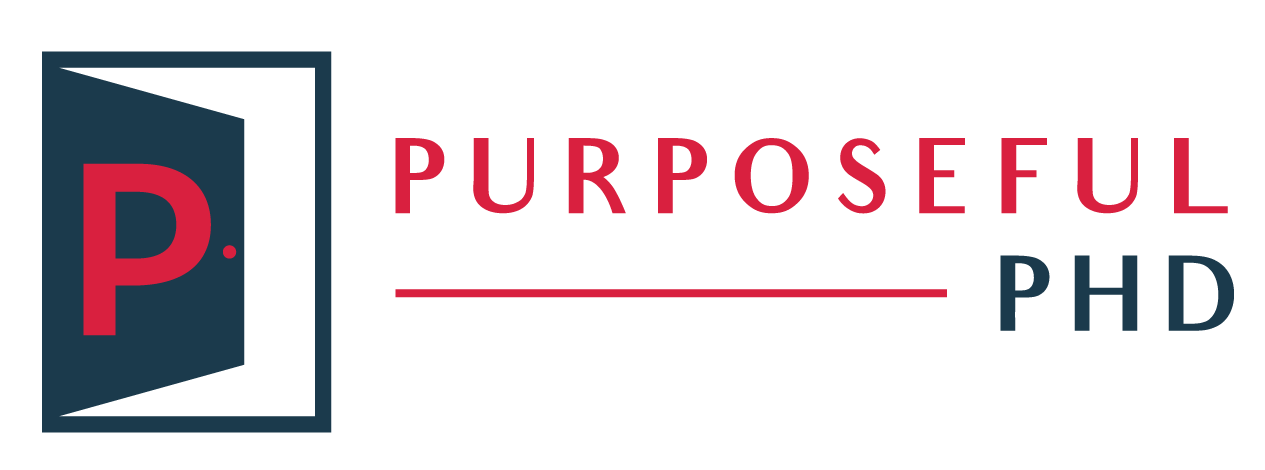
There’s no worse feeling as a graduate student than feeling as if you do not know anything (said nicely). It starts with something simple like reading an article related to your project and you immediately feel like you’re reading a foreign language from another world. Or it happens in seminar when you are struggling to keep up with what the seminar speaker is talking about and because you have no idea what they are talking about, you slowly drift into feelings of insecurity about what you don’t know. You must be the problem why you don’t understand what they’re saying right?! Or you feel like this when you gave your first public presentation on your research and went into straight defense mode after you finished, because how dare anyone ask a question that you don’t know the answer to and expose you as a fraud.
We have all been in this place and the reality is, is that when it comes to new topics and new areas to learn, we will revisit this place. However, it won’t last long and it won’t be forever, because below I’m going to share a few tips that I have found to be helpful to becoming an expert in my field. And I say that with the “my field” portion changing several times in my career.
So, here are some tips on how to become an expert in your field:
- Do a thorough and comprehensive literature review. When you first get into a research area or have a new research project it is important to understand the basis for your work. This can be done by knowing what all has been done previously and what was learned. It also shows what gaps there are in your area and why your particular project is so necessary. Now it’s important to realize that you have to focus in on your review. For example, if you’re working on opioid addiction amongst college freshman in Montana and understanding the receptors that are important for this addiction, then you would narrow down your keyword search from just “Opioid” AND “Addiction”. You might have some additional keywords that include “Montana” and a separate search that also include “Receptors”. Otherwise, you’ll get way too many hits back in a database search than you can handle. The good news about doing a thorough literature review though is that you should only have to do this once for each new field, or research area that you are working in. It was once said that you can “Spend two weeks in the library and save two months in the laboratory”. Whatever the time is that you need, take it as it’s only an upfront cost in time. After you’ve found the hundreds of most relevant articles (if that many or God forbid there’s more) then you can subscribe to journal and/or database feeds (using your common keywords) so that you can get weekly or daily updates on new articles coming out. This keeps your knowledgebase always current. Finally, after you’ve found all the most relevant articles you can organize them into piles or electronic sub folders to put them into categories. For example, back to our opioid addiction example, subfolders might be on “Receptors”, “General opioid addiction background”, “Assays for measuring opioid receptors”, “Stats for Montana”.
- READ, READ, READ. I know there’s not enough time in a day to read every article that you’ve found related to your topic and still keep up with what’s coming out. But finding ways to speed read, or focus on the parts of the paper most relevant for what you need are critical. You will certainly end up reading the most important papers all the way through many times but that will come a little later, once you know more of the jargon and can follow the paper easier. And also, it will come once you’ve done some of the related work and can go back with a new set of eyes and understand better what they were even talking about in the paper. A reasonable target of 1-2 papers a day may seem far from reasonable given all of the demands on your time and that you are generally busy and sometimes will not want to read another research paper. However, this doesn’t mean that you can’t set a goal that’s reasonable for you. It also means putting into context that 1-2 papers per day do not mean that they have to be full reads of the papers. It may mean that you read abstracts for 1-2 papers, or you focus on just the Results section of a very important article relevant for your research. And in fact, you may focus on that Results section every day for an entire week or two until you get it. Whatever you do, develop a practice of reading articles and books in your area. This practice of reading will directly lead to your increased knowledge and understanding about your topic area. You’ll begin to know that you are way more versed in your area over time more than you used to be with the practice of reading.
- Write a literature review. The work that you completed in steps 1 and 2 are not just for nothing. You can ensure that what you have read is sinking in when you are challenged with writing a literature review. This is where the rubber meets the road and you have to show that you have properly digested the articles that you have been reading, by taking on the task of explaining and summarizing it in your own words. This is a big exercise in your doctoral study however one of the most critical to establishing yourself as an expert in your area. And what’s exciting about this step is that it can be used as your Background or Introduction chapter of your dissertation or as an actual publication. And of course, who doesn’t want some credit for the countless hours spent searching databases and reading stacks of papers and books.
- Practice skills necessary for your research area. Until you have done some particular assay or analysis yourself a few times, it can be hard to relate to what you’re reading in a paper. I remember it took me five reads of a paper about a technique before I started to understand what the authors had done. However, once I went into the lab and performed the technique a few times myself, I was able to go back to the paper and in 5 minutes realize exactly what the authors had done. Nurturing your skills’ development in specific areas related to your research will help you objectively evaluate others work and also start to make faster connections to the papers that you’re reading.
- Talk to other experts in your field. Rome wasn’t built in a day nor was it built with one person alone. The good news about learning that we don’t know everything ourselves, is that there is always someone who knows what we do not. Instead of shrink and feel insecure about this let’s see this as an opportunity. A few minutes spent learning from an expert in your area about their work can basically read the article itself for you. Or at the very least help put the work into context so you can read it with an easier understanding. Experts can also help break things down in ways that can be easier to digest and get you excited about this along the way. I’m always thankful for the opportunity to be around those that are further ahead than me in an area and learn. And what will inevitably start to happen as you are around and in conversation with those experts is that you’ll begin to weigh in to the discussions and give your own opinions. Eventually, they’ll begin to recognize you as an expert in this area for which you gladly are or are becoming. Take advantage of opportunities to talk to other experts in your own lab or research group, department, campus, and when you go off to workshops and conferences.
Following these simple steps will greatly aid in your becoming an expert in your field. Expertise will not happen overnight. However, when you look back to your first year from your third year as a graduate student, you’ll be amazed at your growth. And when you complete your PhD and realize that someone is willing to hire you for competitive salaries because you know how to become an expert, this will all be worthwhile.
Until next time!
Renã AS Robinson, PhD
Photo by Christina Morillo from Pexels

